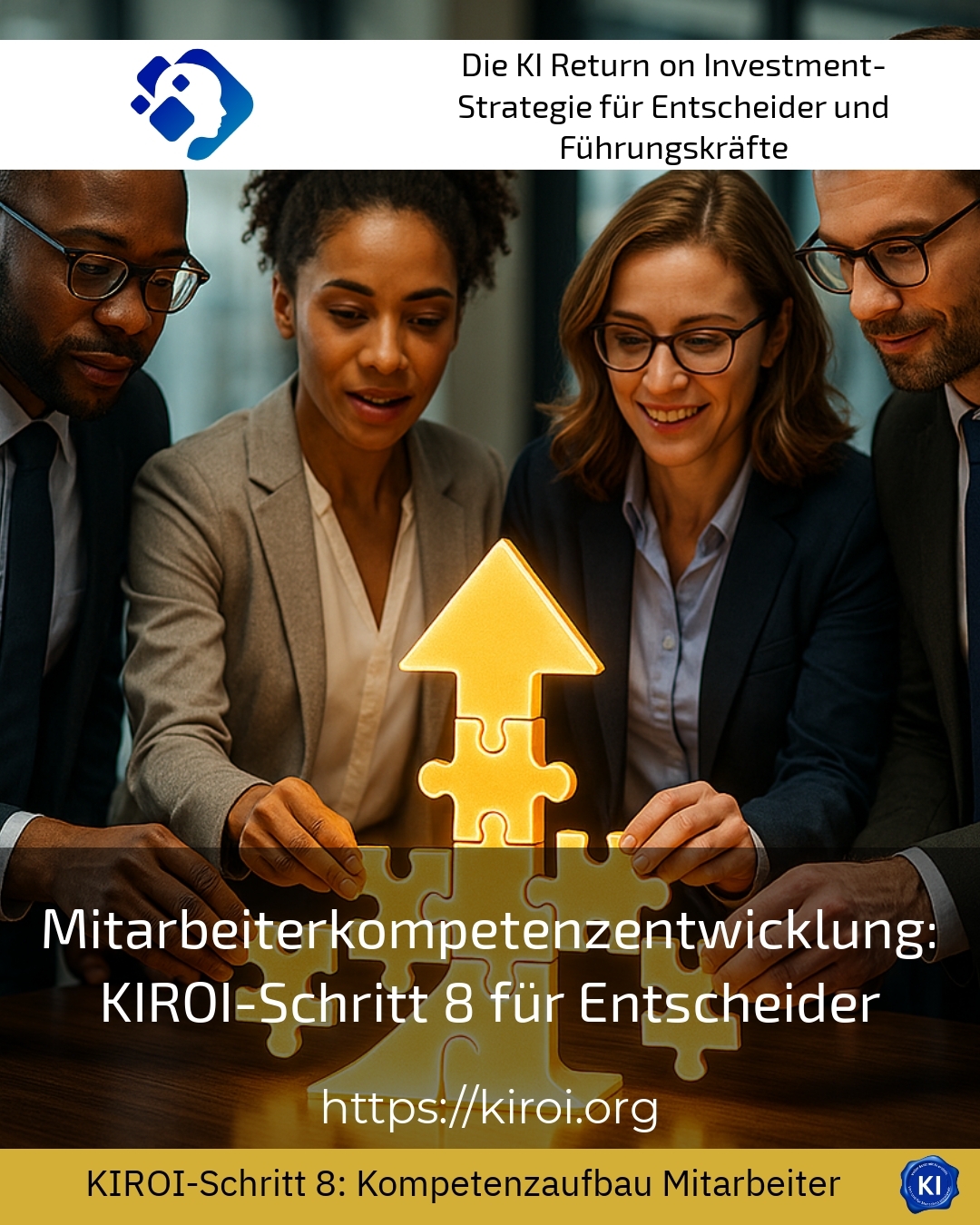Employee skills development is a central component of strategic HR development in companies. It involves the targeted development and continuous improvement of employees' skills and knowledge in order to promote both the company's goals and the professional development of the individual. A systematic approach to employee skills development is crucial to increasing efficiency and innovation within the company.
Strategic approaches to employee skills development
Several strategic approaches have been tried and tested in order to effectively organise employee skills development. These include analysing current skills requirements, selecting suitable development methods and implementing these measures in day-to-day business.
Competence analysis and planning
The first step is to analyse current competencies and identify the skills required in the future. This process helps to identify the gaps in the employee's skills profile and create individual development plans [1][7]. One example of this is conducting regular employee interviews to assess the current skills situation and identify future needs.
BEST PRACTICE with one customer (name hidden due to NDA contract)A company in the IT sector carried out a comprehensive skills analysis to understand the needs of its employees. Based on the results, individualised learning paths were created to support employees in their professional development.
Different methods of skills development
There are various methods for developing employee competences, including on-the-job training, mentoring and coaching as well as e-learning. Each method has its own advantages and can be applied depending on the needs and objectives of the organisation [3][5].
Another example is job rotation, which gives employees the opportunity to familiarise themselves with different departments and expand their skills. This method not only promotes technical expertise, but also teamwork and problem-solving skills [3].
Artificial intelligence in employee skills development
Artificial intelligence (AI) is playing an increasingly important role in employee skills development. AI-supported tools can help to analyse employees' learning needs and suggest tailored training opportunities. These personalised learning paths increase the efficiency of training and promote the career development of employees [6].
An example from the IT sectorA company uses AI to monitor the learning progress of its employees and generate targeted suggestions for relevant learning modules. This leads to better integration of employees in projects and increases satisfaction with their professional development.
Employee skills development - a sustainable success
The continuous development of employee competences is crucial for the long-term success of a company. Targeted and forward-looking employee skills development measures can strengthen a company's competitiveness and at the same time promote employee satisfaction and loyalty.
My analysis
To summarise, employee skills development contributes significantly to the sustainable development of the company. By combining traditional methods with modern technologies such as AI, an effective strategy can be developed that both fulfils the individual needs of employees and supports the company's goals.
Further links from the text above:
- Employee competence development: definition + successful examples](https://karrierebibel.de/kompetenzentwicklung/)
- KiROI Step 8 for decision-makers](https://sauldie.org/de/mitarbeiterkompetenzentwicklung-praxis-tipps-fuer-entscheider/)
- Successful skills development: 9 tips and 3 levels](https://www.easy-lms.com/de/wissenscenter/center-fuer-mitarbeiterschulungen/kompetenzentwicklung/item13043)
For more information and if you have any questions, please contact Contact us or read more blog posts on the topic Artificial intelligence here.















